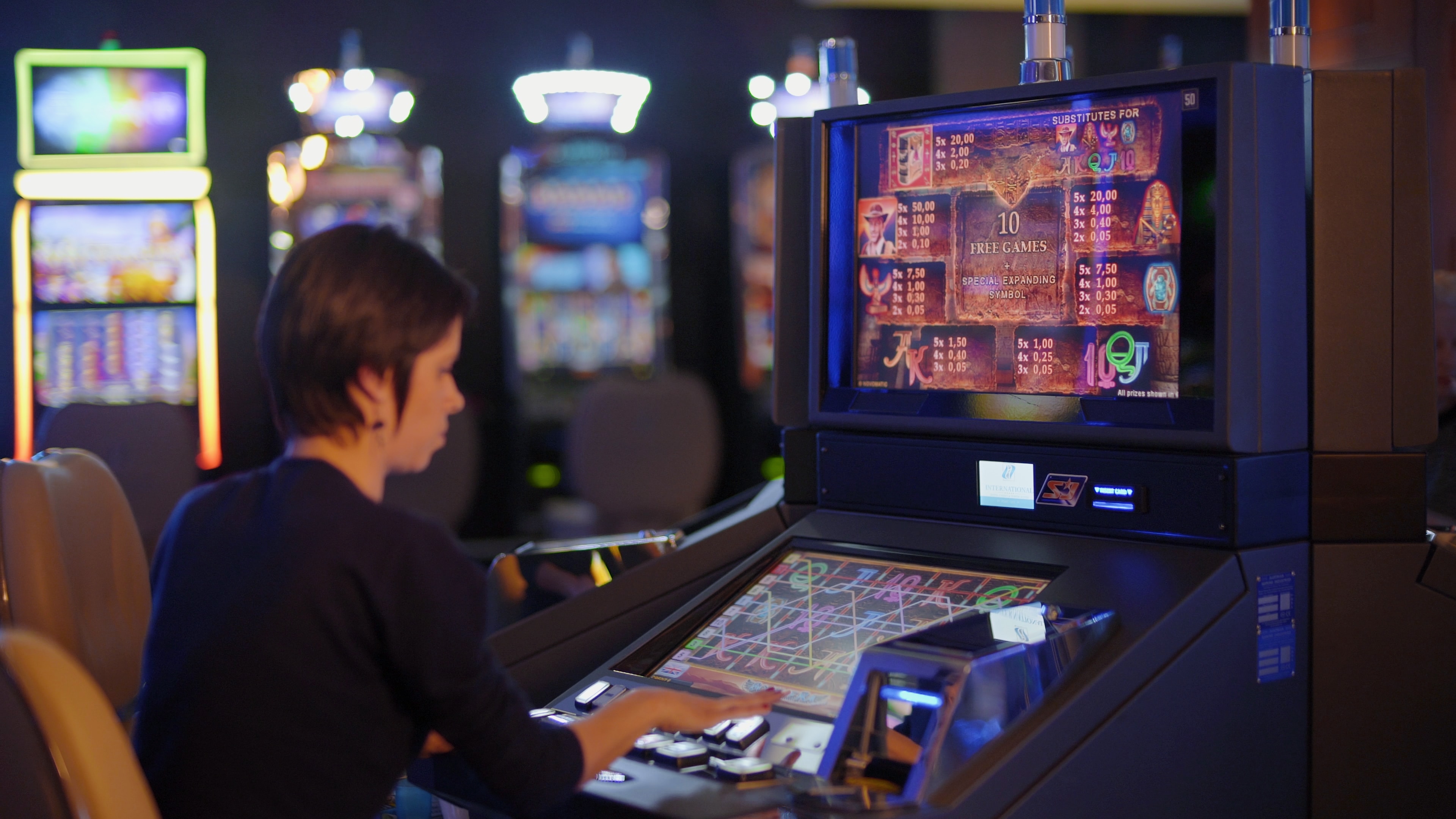
Americans are absolutely fed up with unregulated and semi-regulated “games of skill” that masquerade as legitimate casinos, according to a new survey from the American Gaming Association (AGA). The AGA found that Americans who actually know what skill games are think the machines are accessible by children and promote criminal activity.
Skill Machines, as they are known, have proliferated American strip malls and appear from the street to be arcades where players win prizes playing games that require some physical dexterity, very similar to Skee Ball. Players earn tickets or tokens playing them that can be redeemed for cash or prizes. To the extent that these machines are regulated at all, they aren’t regulated or taxed like a casino slot machine, and that leaves players vulnerable to exploitation while depriving state and municipal governments of badly needed tax revenue.
Respondents to the AGA survey, who were familiar with games of skill, overwhelmingly see the problems associated with this type of “gambling”. According to the AGA, 71 percent of respondents said that skill machines lack the protections of a regulated casino while 56 percent said they lead to an increase in crime in the area. The survey also found that 64 percent of Americans think these games are too accessible to children.
The AGA also points out that skill games are taxed at a much lower rate than casino games. In Pennsylvania, for example, skill games generate revenue at a rate of around 7.7 percent while regulated casino slots generate something more like 25 percent in taxes.
AGA President Bill Miller didn’t mince words in his opinion of games of skill saying they should be banned entirely. “Unregulated machine manufacturers have built their businesses by duping consumers and small businesses while avoiding taxes, oversight and consumer protections. These results are further evidence that Americans see these machines as a threat that should be eliminated, not regulated.”
Don’t be surprised to see the AGA pressing this point in the future as it works to protect the interests of America’s regulated gaming industry.